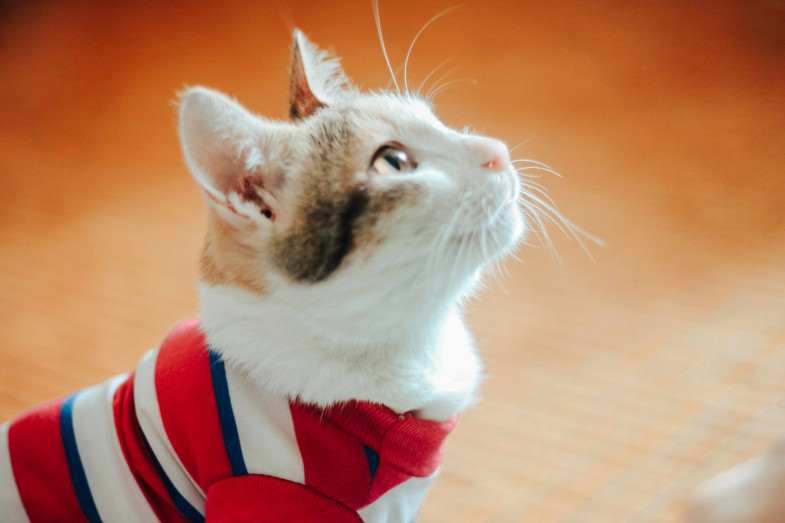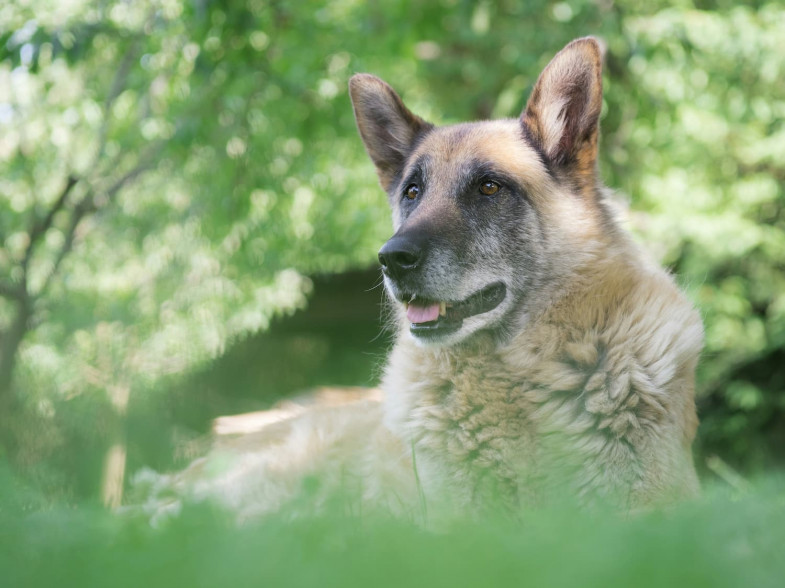Magnolia Veterinary Hospital News
Household Pet Poisons Most People Don't Know About

Did you know that March is Pet Poison Prevention Month? This month is dedicated to keeping pets safe from accidental poisonings and educating pet owners on how to do just that. Some curious pets cannot help but get into trouble when it comes to exploring household items that can pose a danger. Others may incidentally walk across the garage floor, garden, or sidewalk and wind up ill. To help you better safeguard your pets, check out these common household pet poisons that most people don’t think about.
1. Fabric Softener Sheets
Some pets feel attracted to these thin and fragrant laundry aids. Whether it’s the texture, the way they resemble toys, stuffing, or the scent, many pets have been known to try them out. Unfortunately, most dryer sheets contain camphor, benzyl acetate, and sometimes chloroform. All of these substances can injure dogs, cats, and other pets. Dryer sheets can cause your pet skin, eye, and nasal irritation, fluid to build in the lungs, and kidney failure.
2. Sugar-Free Gum
While you would never give your dog chewing gum, your dog may happen across a pack within reach or find a piece or two in your purse. While this may not seem like a big deal, if that gum is sugar-free (and its sugar-alternative is xylitol), your dog’s life could be at risk. Xylitol, often listed as “sugar alcohol” is what makes dental gum, toothpaste, some vitamin gummies, and many other products sweet. It can also cause your dog’s body to go into shock and even be fatal.
To keep your dog safe, always keep dental products and sweets in a secure location out of reach of your dog.
3. OTC Pain Relievers
Never give your pets over-the-counter medications without consulting us first. NSAIDs, like ibuprofen and aspirin, can damage your pet’s liver, cause vomiting and diarrhea, and lead to kidney dysfunction. NSAIDs are especially dangerous for cats.
4. Fertilizer
Fertilizers may not come to mind when you think about your pet’s safety, but many contain strongly scented ingredients that can make it appetizing to pets. These ingredients can include fish meal, chicken manure, and other odorous ingredients that dogs and cats love.
When pets eat fertilizers, they wind up with chemical burns to the mouth, skin, and stomach. Fertilizers also cause vomiting and diarrhea, lethargy, stomach pain, tremors, and anxiety.
5. Bar Soap
Soap eating is more common than many pet owners realize. Dogs especially have an affinity for soap. While most soaps are now harmless, your dog may feel pretty awful after munching down on a bar (some dogs may have an allergic reaction to soap fragrances or ingredients, though). They may vomit and have diarrhea--this is often where the danger arises. As your dog’s body tries to clear itself of the soap, they may become dehydrated.
Encourage your dog to drink water and if vomiting and diarrhea persist for more than a day or they seem disoriented or weak, please give us a call. Your dog may need fluids.
Keep Your Pet Safe and Your Home Poison-Proof
Dogs, cats, and other pets have a knack for surprising us with their agility along with their ability to eat the strangest things. Remember to keep anything that may pose a danger out of the reach of your pet. If you believe your pet has consumed something they shouldn’t have, we’re here to help. We can answer your questions and let you know if you should bring your pet in.
Categories
Recent Posts

When was the last time your pet saw the veterinarian for a checkup, not because they were sick, but just to stay healthy? Preventive care is one of the most important ways to give your pet a longer, happier life. It’s not about doing one big thing. It’s about the small, consistent steps that help avoid bigger health problems later on.

The holidays are full of sparkle, laughter, travel, and to-do lists a mile long. As joyful as this season can be, it often means busier schedules and less time for everyday routines. In the middle of the holiday rush, it's easy to overlook one very important family member: your pet.

If you're lucky enough to have a senior pet, you know just how special that bond becomes over time. From cozy afternoons on the couch to the look in their eyes that says, "I've known you forever," there’s a deep and quiet understanding between you. As pets get older, though, their needs change. Aging isn’t a disease, but it does require us to adapt how we care for our beloved companions.